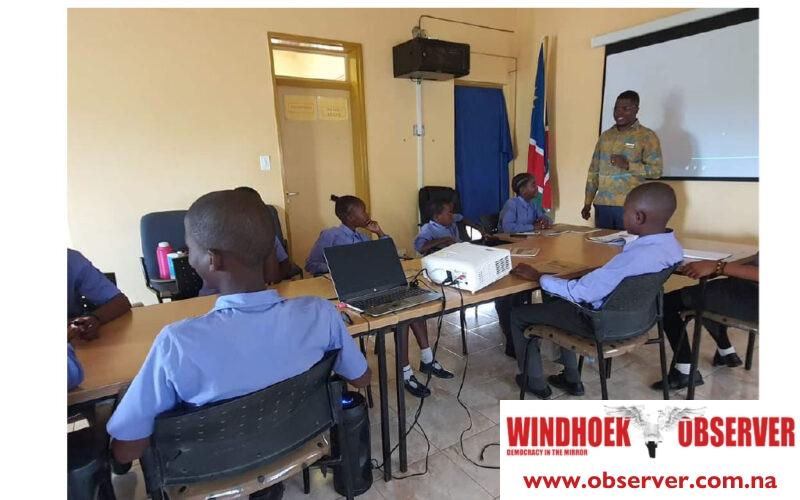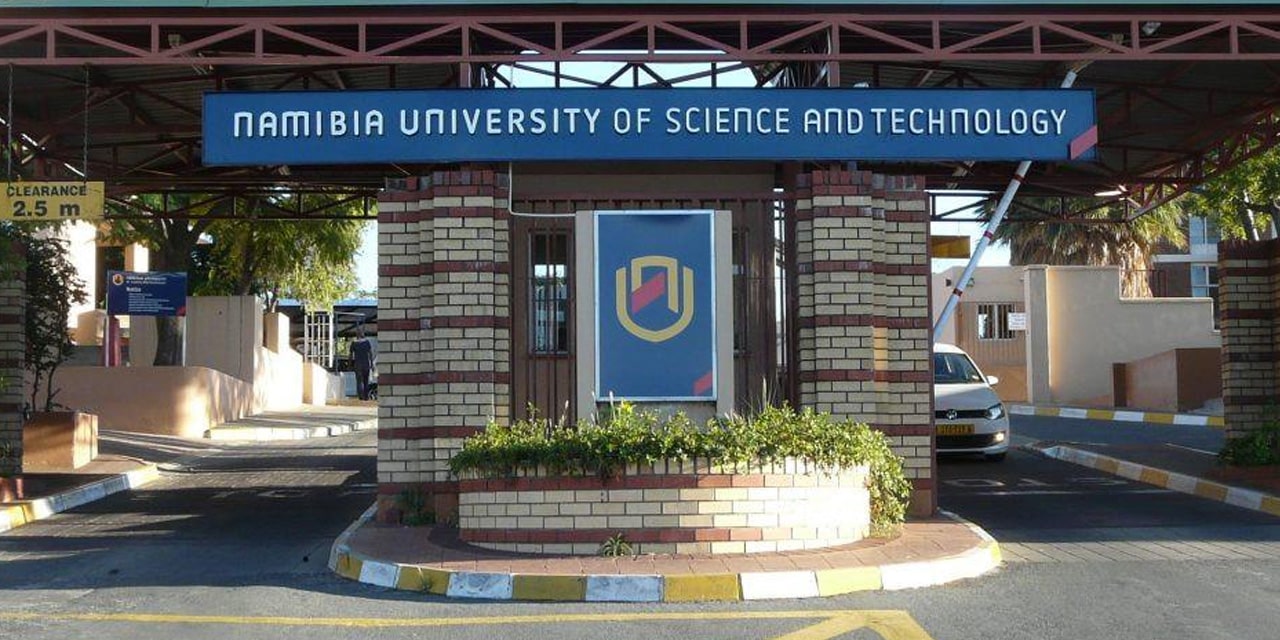Niël Terblanché
The Ministry of Education, Arts, and Culture has centralized payment of the universal education grants, ensuring direct transfers into school accounts across Namibia.
Sanet Steenkamp, the ministry’s Executive Director, said this measure aims to enhance the efficiency and timeliness of fund distribution, which is critical for the smooth operation of schools.
Steenkamp confirmed that 75% of the grants for the 2024–2025 financial year have already been disbursed to 1,322 schools nationwide.
She said the remaining 438 schools are on track to receive their funds soon. This move, according to Steenkamp, is intended to prevent delays and ensure that schools receive their necessary funding without interruption.
In addition to the financial updates, the ministry has adopted a two-semester school calendar to prioritise the health and safety of learners during the winter.
Steenkamp said the adjustment includes modifying the continuous assessment record sheets to align with the two-semester reports.
For junior primary (grades 0-3), assessments are based on continuous records, while senior primary (grades 4–7) and junior secondary (grades 8–9) will conduct school-based end-of-term tests instead of traditional examinations.
“This approach aims to facilitate continuous teaching and learning, with reports being issued on the last school day of each term,” she said.
According to Steenkamp, Namibia’s commitment to education is evident through its substantial investment in the sector.
“The universal education grant, part of a broader strategy, provides N$200 per primary school pupil and N$300 per secondary school pupil to cover basic necessities like stationery, school feeding programmes, and hostel fees,” she said.
She added that this initiative, part of the Universal Primary Education (UPE) and Universal Secondary Education (USE) grants, is crucial for ensuring that all children have access to education without financial barriers.
According to Steenkamp, the education ministry’s proactive measures reflect its dedication to enhancing educational outcomes and maintaining a conducive learning environment for all students.
“By ensuring timely disbursement of funds and adopting a health-conscious academic calendar, the ministry is taking significant steps towards securing a better future for the younger generation,” she added.




